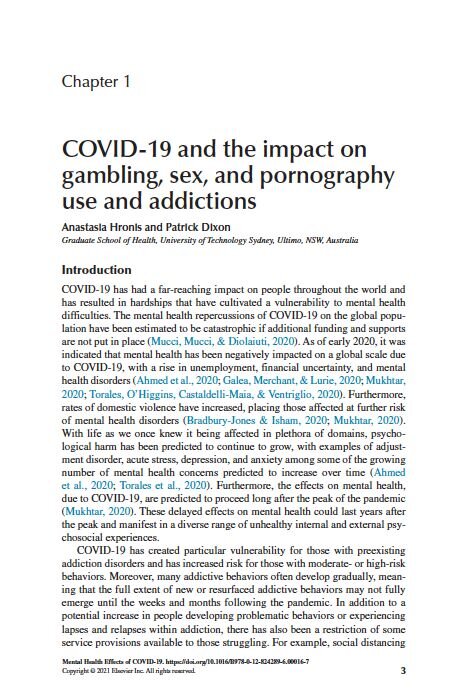NAIDOC week has recently come and gone, and for obvious reasons was this year not held in it’s usual yearly slot of the first week of July, but from the 8-15th November. This year’s theme “Always Was, Always Will Be” – which speaks directly to the near timeless and enduring history, resilience and fortitude of our First Nations’ peoples – appropriately highlights the temporal (and general) strength of our indigenous foundation in the face of anything, even a global pandemic.
NAIDOC week is a celebration of Aboriginal and Torres Strait Islander history and culture, but is also very important in its adding to bringing attention to the critical need to address the still stark inequalities that our First Nations face here in Australia, both practically and in the overall narrative that Australia tells of itself.
One example of this inequality here in Australia, which the government-directed Closing the Gap campaign addresses, is in regard to life expectancy, childhood mortality and general access to education. Progress since this campaign’s inception has been mixed (according even to the government’s own assessment), and a reaffirmed and more urgent commitment to these aims are required.
This year Pat Turner AM spoke at the Dr Charles Perkins Oration, which is held annually at Sydney University and celebrating this year it’s 20th year anniversary. Charles Perkins is a celebrated figure in the recent history of Australian race relations, who as a student in 1965 organised a bus tour around NSW (called the Freedom Ride) who strived to draw attention to state of race relations in Australia. Ms Turner spoke about the life of Charles Perkins and the inspiration still drawn from him. (Ms Turner’s speech can be viewed here: https://fb.watch/1YaUTaliI4/ )
Now that NAIDOC week has passed, we must remember to continue to take action to work to close the gap and improve indigenous health outcomes.
“Regardless of all the good things that happen to you in your life, never leave anyone behind”
- Charles Perkins













